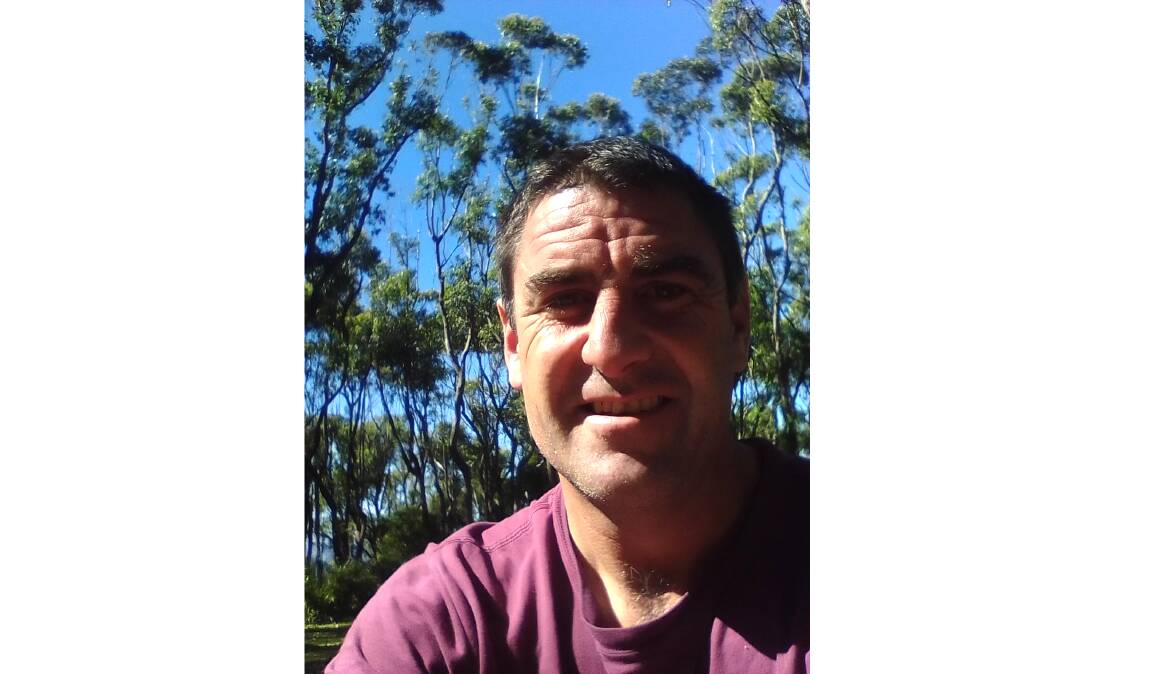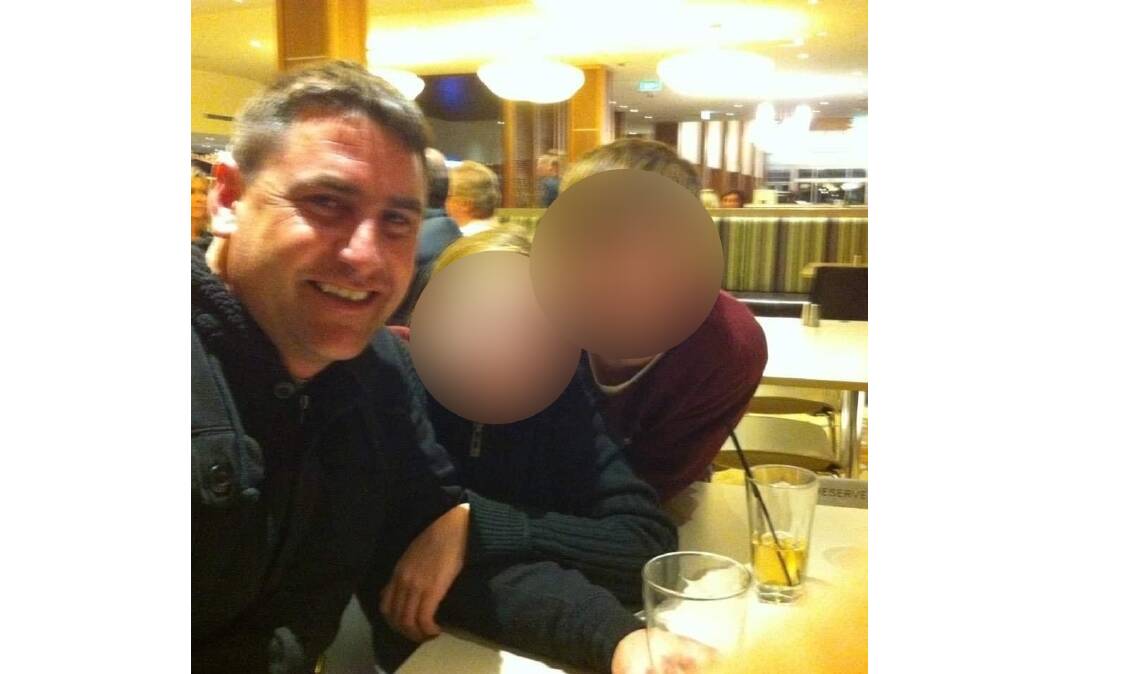
"Every morning I wake up and my daughter is dead," the mother of murder victim Danielle Jordan said.
"My husband still has cancer and I am a 62-year-old raising a nine-year-old girl."
The mother, whose victim impact statement was read out in the ACT Supreme Court on Monday, is tasked with raising her granddaughter.
Later, questions were raised over whether Michael O'Connell accepted any responsibility for his actions and if he had attempted to victim blame the "love of his life".
He sat quietly during his sentencing hearing and, like he had during his eight-day trial in June, did not give evidence.
O'Connell was found guilty of murdering Ms Jordan around the corner from her Melba apartment by driving a car she was "precariously" positioned on.
She died in hospital from injuries suffered as a result of falling from the moving vehicle.
By doing so, jurors rejected the Coombs man's account Ms Jordan was on the back of the Mitsubishi Triton and he slowed down upon first noticing her, she then fell and he stopped.
They instead accepted the prosecution case, anchored by the eye-witness testimony of a 13-year-old girl, that the woman was on the ute's front bonnet and O'Connell's "objective" had been to dislodge her.
It's this girl who told police the pair were in a "turbulent" relationship and had been fighting prior to the incident.

"This crime took the life of my only daughter, Danielle," Ms Jordan's mother said in her statement.
The woman told the court between her caring responsibilities for her husband and granddaughter, "I don't have time to grieve like a parent should".
"The only break I get is when I lie down to sleep at the end of the day. There are plenty of nights where I couldn't care less if I wake up again," she said.
During the trial, the 13-year-old witness recalled Ms Jordan was attempting to stop O'Connell from leaving her apartment in the early hours of April 15, 2022.
His bail conditions prevented him from visiting the home.
"He's still describing what occurred as an accident," prosecutor Mike Smith told the court on Monday.
"There is still victim-blaming ... no acceptance of responsibility."
O'Connell is appealing the jury's guilty verdict, with a multi-day hearing set for February.
Mr Smith said the man's claim of being devastated by what happened to his "on-again-off-again" partner and him having "good prospects of rehabilitation" were at odds with the offender "continuing to blame her, in part, for what happened".
Justice Belinda Baker said she couldn't find any acceptance of wrongdoing in O'Connell's letter to the court.
"There doesn't seem to be any acceptance, even at a low level, that his conduct had any role to play in his offending," the judge said.
Defence barrister Jon White SC asked the court to take a "more nuanced approach" than usual when considering his client's remorse.
The barrister said O'Connell's actions, including rushing Ms Jordan to hospital, taking "every step for her survival", and caring for her prior to her death, showed "extreme remorse in a non-technical legal sense".
Mr White said Ms Jordan's attempting to prevent the offender from leaving her home, jumping on his car, and the "unpredictability of her actions" had to be factored in.
He said this was not an attempt to blame the deceased woman.
The prosecutor did not argue O'Connell had driven recklessly or dangerously, swerving or grossly exceeding the speed limit, in order to dislodge Ms Jordan.
Mr White described his client as being on the "lowest edge of culpability for murder".
Justice Baker reserved her sentencing decision until a later date.
- Support is available for those who may be distressed. Phone Lifeline 13 11 14; 1800-RESPECT 1800 737 732.







